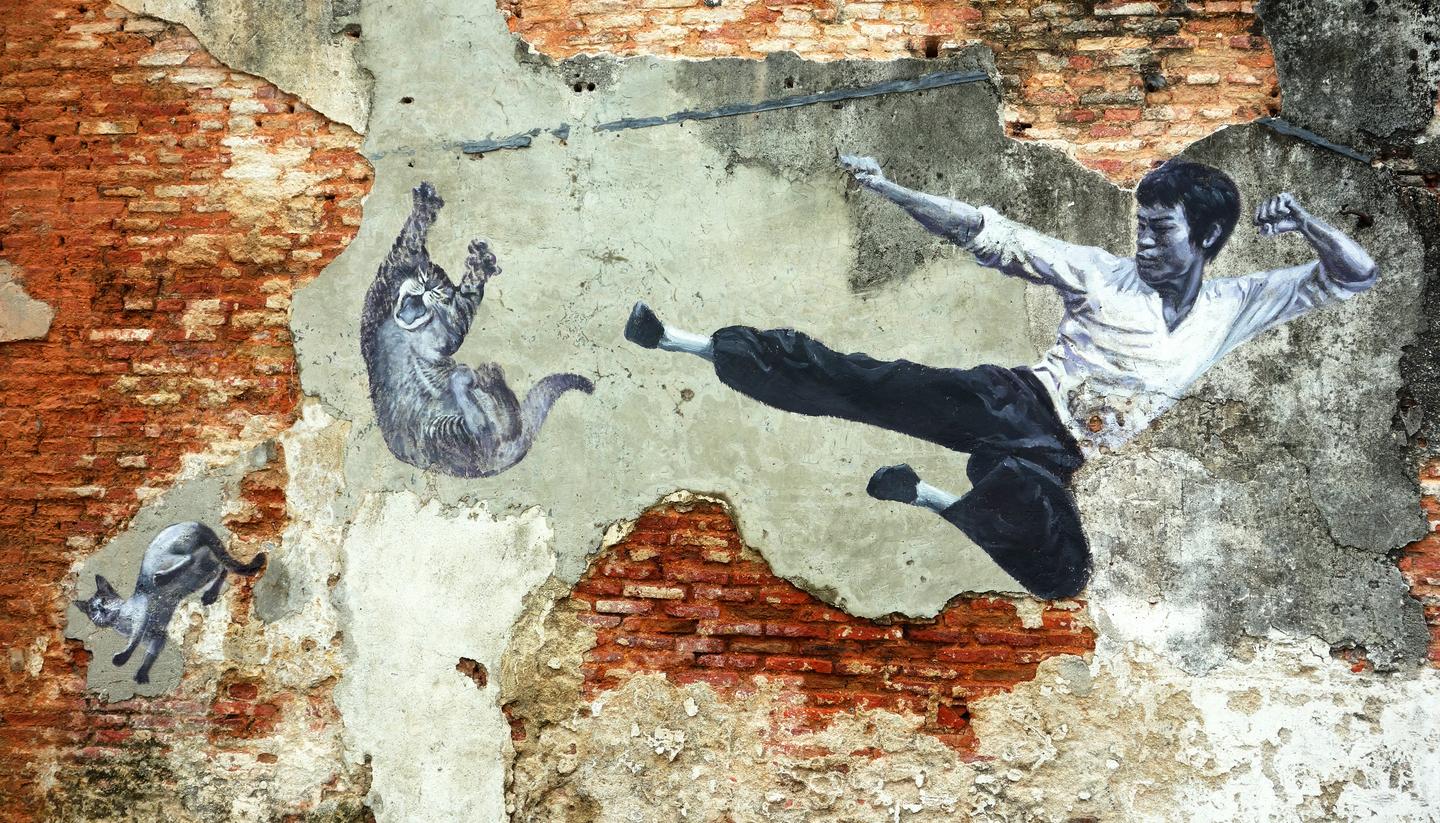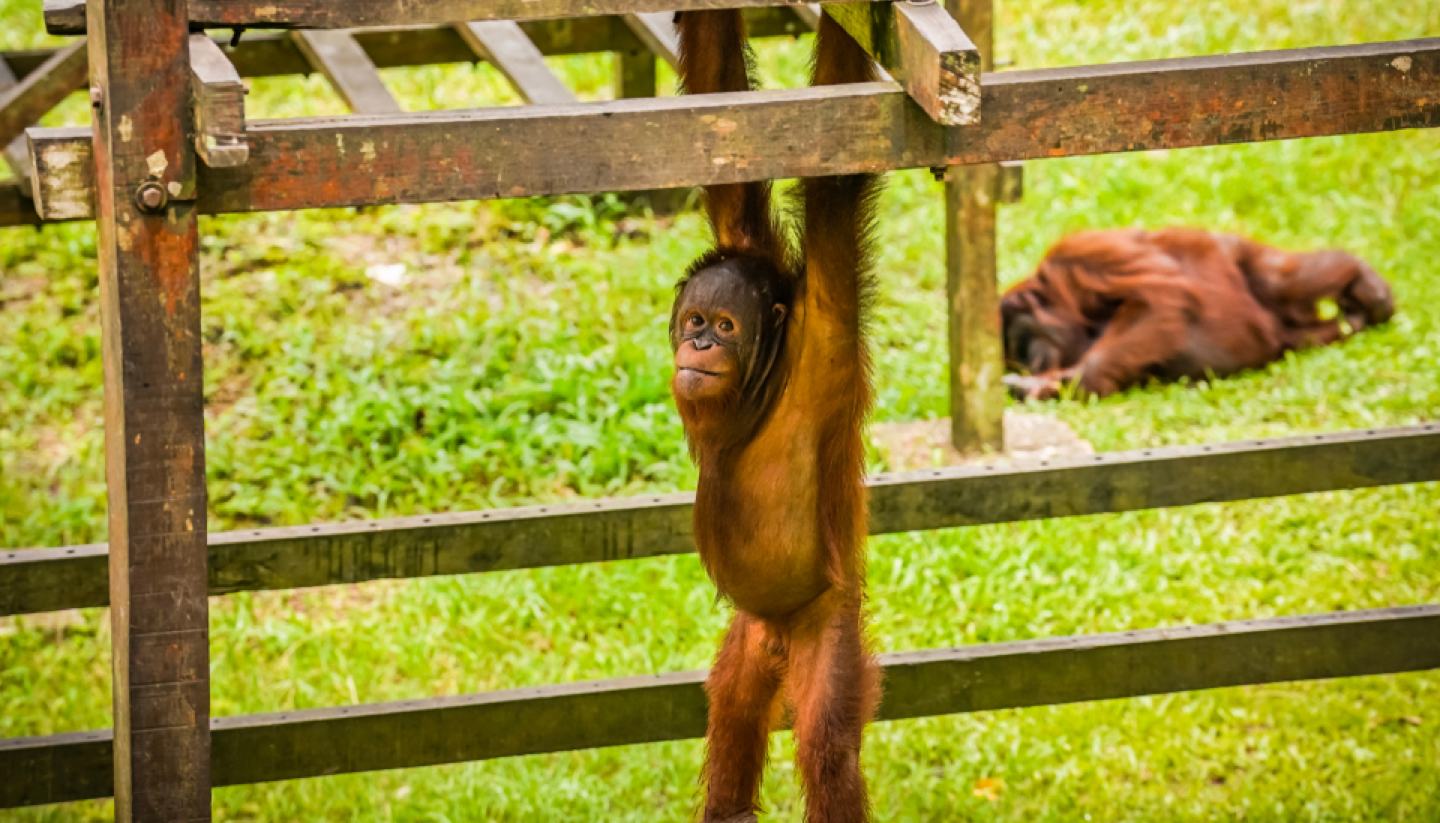Getting Around Malaysia
Air
Flying is one of the fastest and most affordable ways to travel within Malaysia, thanks to the country's well-connected network of domestic routes and the presence of low-cost carriers like AirAsia and Firefly. With competitive fares, flying often rivals the cost of other modes of transport while significantly cutting down on travel time.
Busy domestic routes include Kuala Lumpur to Penang, Kuala Lumpur to Langkawi, and Kuala Lumpur to Kota Kinabalu, all serviced by multiple daily flights. These routes are particularly popular for travellers looking to explore Malaysia's vibrant cities, pristine islands, or Borneo's lush rainforests. Even more remote destinations, such as the interior towns of Sarawak and Sabah, are easily accessible by air, making it an indispensable option for those who are short on time.
Road
West Malaysia
West Malaysia boasts an excellent road network, making travel by car or bus a popular and convenient option. The North-South Expressway (PLUS Highway) is the main arterial road in the peninsular, stretching from Johor Bahru in the south to the Thai border in the north. This well-maintained highway connects major cities such as Kuala Lumpur, Ipoh, Penang, and Alor Setar, making long-distance travel smooth and efficient.
For those venturing eastwards, the East-West Highway connects Gerik (Perak) to Jeli (Kelantan), cutting through the scenic mountains of the Titiwangsa Range. This route is particularly popular for travellers exploring Malaysia's lush interior regions.
East Malaysia
In East Malaysia, the road networks are not as extensive or developed as in West Malaysia, particularly in remote or mountainous regions. In Sabah, key roads connect Kota Kinabalu to other towns like Sandakan, Tawau, and Kudat. Similarly, in Sarawak, the Pan Borneo Highway serves as the backbone of the state's road network, linking cities such as Kuching, Sibu, Bintulu, and Miri.
It is important to note that there is no direct road connection between Sabah and Sarawak without passing through Brunei.
Side of the road
LeftRoad Quality
Malaysia has a well-maintained road network, particularly in West Malaysia, where highways and major roads are generally in excellent condition. The North-South Expressway (PLUS Highway), spanning the length of the peninsula, is a prime example, offering smooth, multi-lane travel with rest stops and amenities at regular intervals. Urban areas and popular tourist destinations also benefit from modern road infrastructure, making driving straightforward and comfortable.
In East Malaysia, road quality varies more widely. While cities like Kota Kinabalu and Kuching have good roads, some rural and remote areas have narrow or poorly paved roads. The ongoing construction of the Pan Borneo Highway aims to improve connectivity and road conditions across Borneo, but certain sections remain under development and can be challenging for drivers.
Many highways, especially in West Malaysia, are toll roads. Payment is exclusively electronic, requiring a Touch 'n Go card or RFID tag. Speed and red-light cameras are common. Drivers using rental cars should note that the rental company may pass on fines. Petrol is widely available and relatively affordable.
Beware that traffic congestion can occur in cities during peak hours, and motorbikes are a frequent presence on roads, requiring drivers to remain vigilant.
Car Hire
Car hire services are widely available in both West Malaysia and East Malaysia, with major international companies such as Hertz, Avis, and Budget operating alongside local providers. Car rental prices in Malaysia are relatively affordable, but can vary based on the vehicle type, rental period, and location. Petrol is also inexpensive compared to many countries, making driving a cost-effective option.
West Malaysia also has car-sharing platforms (such as GoCar and SoCar) that allow app members to rent cars by the hour or day.
Taxi
Taxis are common in Malaysia and generally affordable. In addition, several ride-hailing services (Grab, AirAsia Ride, InDrive) are also available in East and West Malaysia. These have become the preferred choice for most locals and visitors due to their convenience, transparent pricing, and availability.
Taxis at airports operate on a fixed-rate coupon system, ensuring clear and upfront pricing for visitors.
In West Malaysia, cities like Kuala Lumpur, Penang, and Johor Bahru have metered taxis, though drivers may not always use the meter. It's advisable to confirm the fare or insist on using the meter before starting your journey.
In East Malaysia, taxis are less common outside major cities; visitors may need advance arrangements when availability is limited.
Bike
Cycling is not practical for getting around cities or long-distance travel in Malaysia.
Coach
West Malaysia: Long-distance buses operate extensively, connecting major cities and towns across the peninsula. The North-South Expressway facilitates efficient and comfortable travel, with services linking cities like Kuala Lumpur, Penang, Malaka, and Johor Bahru. Major bus terminals, such as Terminal Bersepadu Selatan (TBS) in Kuala Lumpur, act as hubs for routes to all corners of the peninsula. Coaches often feature air-conditioning and reclining seats, ensuring a comfortable journey.
East Malaysia: In Sarawak, buses connect cities like Kuching, Sibu, Bintulu, and Miri. The Pan Borneo Highway, while under construction, facilitates these routes. In Sabah, buses link Kota Kinabalu to Ranau (near Mount Kinabalu), Sandakan and Tawau.
Regulations
Speed limits are typically 110 km/h (68 mph) on highways, 50–60 km/h (31–37 mph) in urban areas, and 70–90 km/h (43–56 mph) on rural roads, though drivers should always adhere to posted signs as limits may vary. Seat belts are mandatory for all passengers, and using a mobile phone while driving is prohibited unless with a hands-free device. Malaysia has strict drink-driving laws, with a legal blood alcohol limit of 0.08%. Violations can result in hefty fines or even imprisonment.
Breakdown services
Highway assistance is often available on major expressways like the North-South Expressway. For emergencies, drivers can dial 999 or 112 from a mobile phone.
Documentation
Foreign visitors can drive in Malaysia using a valid International Driving Permit (IDP) or a driving licence from their home country, provided it is in English. Licences in non-Latin scripts, such as Arabic or Cyrillic, must be accompanied by an IDP or a certified translation.
Urban travel
Urban travel in Malaysia is diverse and varies greatly depending on the city or region.
In Kuala Lumpur, the public transport system is efficient and affordable. The city's Mass Rapid Transit (MRT) and Light Rail Transit (LRT) networks connect key areas, while buses serve areas not covered by rail. Taxis and ride-hailing apps offer door-to-door convenience, making it easy to get around the bustling capital.
In UNESCO-listed Penang and Malaka, buses are available, but visitors may prefer cycling within the historic core or using a ride-hailing service for its convenience. Cycling outside the historic areas, however, can be challenging due to road conditions and limited infrastructure.
Other major cities like Johor Bahru, Kota Kinabalu, and Kuching also rely heavily on ride-hailing services and taxis for urban travel.
Rail
The rail network in West Malaysia is more developed than in East Malaysia.
West Malaysia: The ETS (Electric Train Service), operated by Keretapi Tanah Melayu (KTM), is modern, fast, and comfortable. It connects major cities like Kuala Lumpur, Ipoh, Penang (Butterworth), and Padang Besar near the Thai border.
Intercity trains also run on the KTM Intercity network, offering scenic, if slower, routes to less-travelled destinations. One highlight is the Jungle Railway, which winds through lush rainforests between Gemas (Sembilan) and Tumpat (Kelantan) on the east coast.
East Malaysia: Rail services are limited to Sabah, where the Sabah State Railway operates between Kota Kinabalu and Tenom.
Rail Passes
The KTM Rail Pass is an excellent option for non-Malaysians planning to explore Malaysia extensively by train. It offers unlimited travel within a 3 or 7-day period, allowing flexibility and cost savings for longer journeys. The pass covers all KTM Intercity and ETS (Electric Train Service), excluding specific premium or special services.
Water
West Malaysia: Ferries operate between the mainland and popular island destinations such as Langkawi, Penang, Tioman, and the Perhentian Islands.
East Malaysia: Boats and ferries connect towns along major rivers like the Rajang in Sarawak, and between mainland ports and offshore islands such as Pulau Tiga and Sipadan in Sabah.




